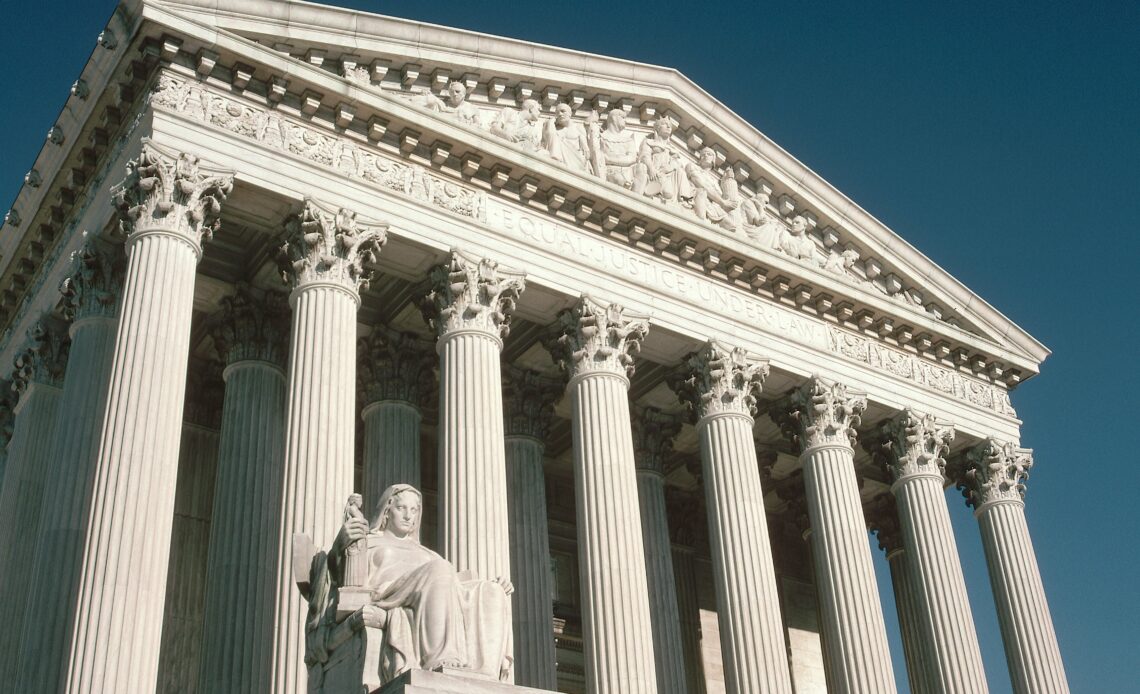We’ve all lost countless hours to online recommendation algorithms that suggest we might enjoy watching yet another cat video or following just one more influencer. But in mere months, social media platforms may need to find new ways to keep users engaged—and the Internet might be in for a major overhaul.
On Tuesday the Supreme Court began hearing arguments in a case called Gonzalez v. Google, which questions whether tech giants can be held legally responsible for content promoted by their algorithms. The case targets a cornerstone of today’s Internet: Section 230, a statute that protects online platforms from liability for content produced by others. If the Supreme Court weakens the law, platforms may need to revise or eliminate the recommendation algorithms that govern their feeds. And if the Court scraps the law entirely, it will leave tech companies more vulnerable to lawsuits based on user content.
“If there are no protections for user-generated content, I don’t think it’s hyperbolic to say that this is probably the end of social media,” says Hany Farid, a computer scientist at the University of California, Berkeley. Social platforms, such as Twitter and YouTube, rely heavily on two things: content created by users and recommendation algorithms that promote the content most likely to capture other users’ attention and keep them on the platform as long as possible. The Court’s verdict could make either or both strategies more dangerous for tech companies.
Gonzalez v. Google originated in the events of November 2015, when armed men affiliated with the terrorist organization ISIS killed 130 people in six coordinated attacks across Paris. Nohemi Gonzalez, a 23-year-old student, was the only American to die in the attacks. In the aftermath, her family sued Google, which owns YouTube, arguing that the video platform’s recommendation algorithm promoted content from the terrorist group.
Google argues that using algorithms to sort content is “quintessential publishing,” something necessary for users to be able to navigate the Internet at all, and therefore protected under Section 230. That statute, which was originally part of the Communications Decency Act of 1996, states that, under law, computer service providers cannot be treated as the publishers of information created by someone else. It’s a measure dating to the early days of the Internet that was meant to keep technology companies from intervening heavily in what…
Click Here to Read the Full Original Article at Scientific American Content: Global…

